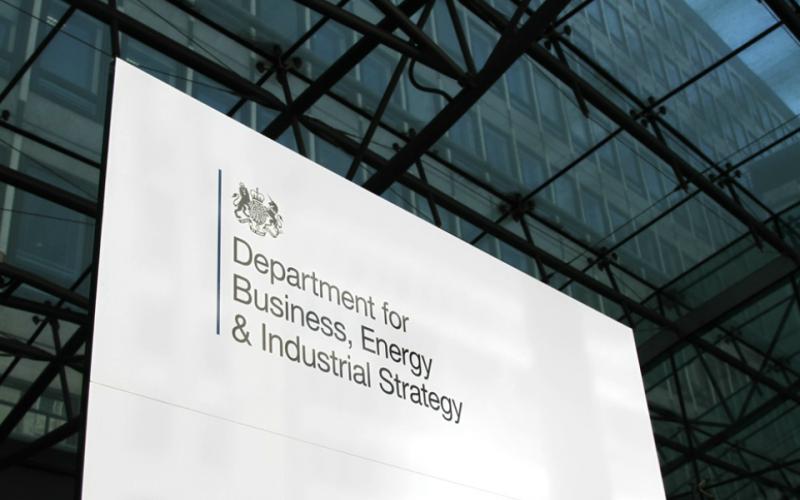The Department for Business, Energy and Industrial Strategy (BEIS) has refuted claims that jobs in the UK’s renewable energy sector have fallen by a third since 2015.
A report published by trade union Prospect last week suggests that direct employment in renewable electricity in the UK fell by around 30% between 2015 and 2017, the last year data was available. Solar appeared to be the worst hit sector, with the number of jobs falling by over half.
Prospect points to cuts – and subsequent removals – of government subsidies such as the feed-in tariff (FiT) and the Renewables Obligation as being contributing factors to the reduction in jobs, as well as tighter planning rules restricting deployment of onshore wind.
But in a statement issued to Current±, BEIS refuted Prospect’s findings. A BEIS spokesperson claimed the department has seen green collar jobs “soar to approximately 400,000”, a figure which it says could climb to two million by 2030.
“We’ve injected £2.5 billion into low-carbon innovation and earlier this year struck a deal with the offshore wind industry which will see up to £40 billion worth on infrastructure investment in the UK, creating clean, green electricity, good jobs and sustained growth across the UK.”
Prospect’s report suggests there were 26,200 jobs in renewable electricity in 2017, a significant difference to BEIS’ figure of 400,000 for this year.
However, Prospect’s report does highlight the difficult in defining what counts as a ‘green job’, allowing there to be discrepancies between statistics, as well as previous forecasts.
In a similar vein, BEIS has historically refused to estimate the impact of policy decisions on employment figures in the green economy, suggesting that the indirect nature of some renewables jobs – domestic solar installers for example are often wider electrical contractors – makes it difficult to provide an accurate forecast.





